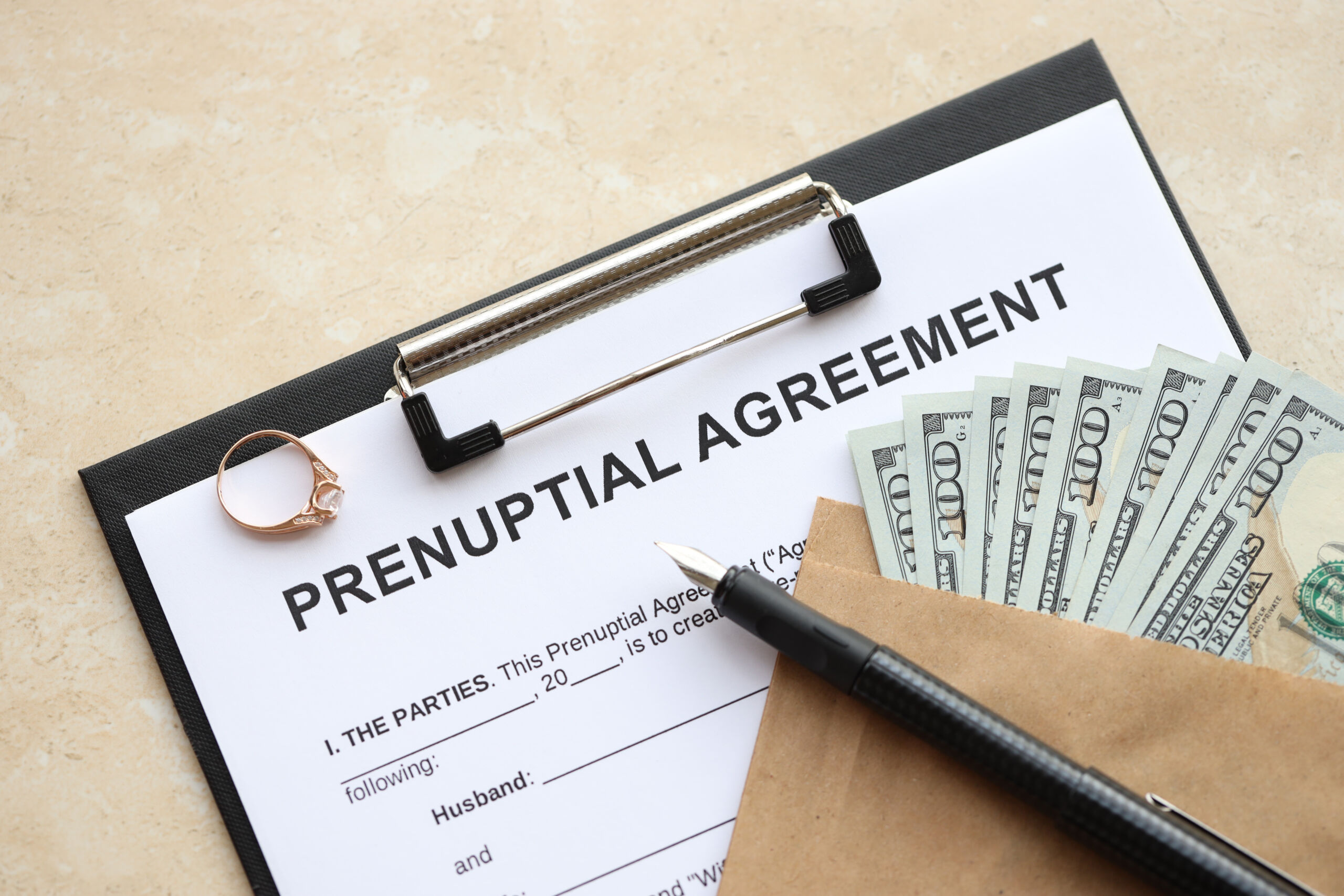A prenuptial agreement, or prenup, is a legal contract that outlines how assets, debts, and financial responsibilities will be handled in the event of divorce, separation, or death. While some view prenups as unnecessary, they can be a valuable tool for financial clarity and protection. If you’re unsure whether a prenup is right for you, here are seven key questions to consider before getting married.
1. Do You or Your Partner Own Significant Assets?
If either of you owns real estate, investments, or other significant assets, a prenup can help define how those assets will be managed during the marriage and in case of separation. This is especially important if you want to keep certain assets separate from marital property.
2. Do Either of You Have Substantial Debt?
Marriage often means sharing financial responsibilities, including debt. A prenup can clarify who is responsible for existing debts and prevent one spouse from being held accountable for the other’s financial obligations if the marriage ends.
3. Do You Own a Business?
If you own a business, a prenup can protect your company from becoming entangled in divorce proceedings. Without a prenup, your spouse could be entitled to a portion of your business, which could impact its operations and ownership structure.
4. Do You Have Children from a Previous Relationship?
A prenup can help ensure that assets are preserved for children from previous relationships. It can outline inheritance rights and prevent conflicts over how property is distributed.
5. Do You Expect to Receive an Inheritance?
If you anticipate receiving a significant inheritance, a prenup can specify that it remains separate property and is not subject to division in a divorce. This ensures that your intended heirs receive their rightful share.
6. Do You Want to Protect Financial Independence?
A prenup can establish financial expectations, including how income, expenses, and joint investments will be managed. It can also set guidelines for spousal support, ensuring that both partners enter the marriage with a clear financial understanding.
7. Are You Moving to a Community Property State?
In community property states, assets acquired during marriage are typically split 50/50 in a divorce. A prenup allows couples to override default state laws and create their own financial agreement that better suits their situation.
Final Thoughts
A prenuptial agreement isn’t about planning for divorce—it’s about ensuring financial transparency and protecting both partners. If you answered “yes” to any of these questions, it may be worth exploring a prenup. Through our partnership with HelloPrenup, you can create a legally valid prenuptial agreement online quickly and affordably. Taking this step now can provide peace of mind and strengthen your financial foundation for the future
If you have feedback, questions, or ideas for future articles or Information Hubs, please contact us. Your insights help us create valuable content.


